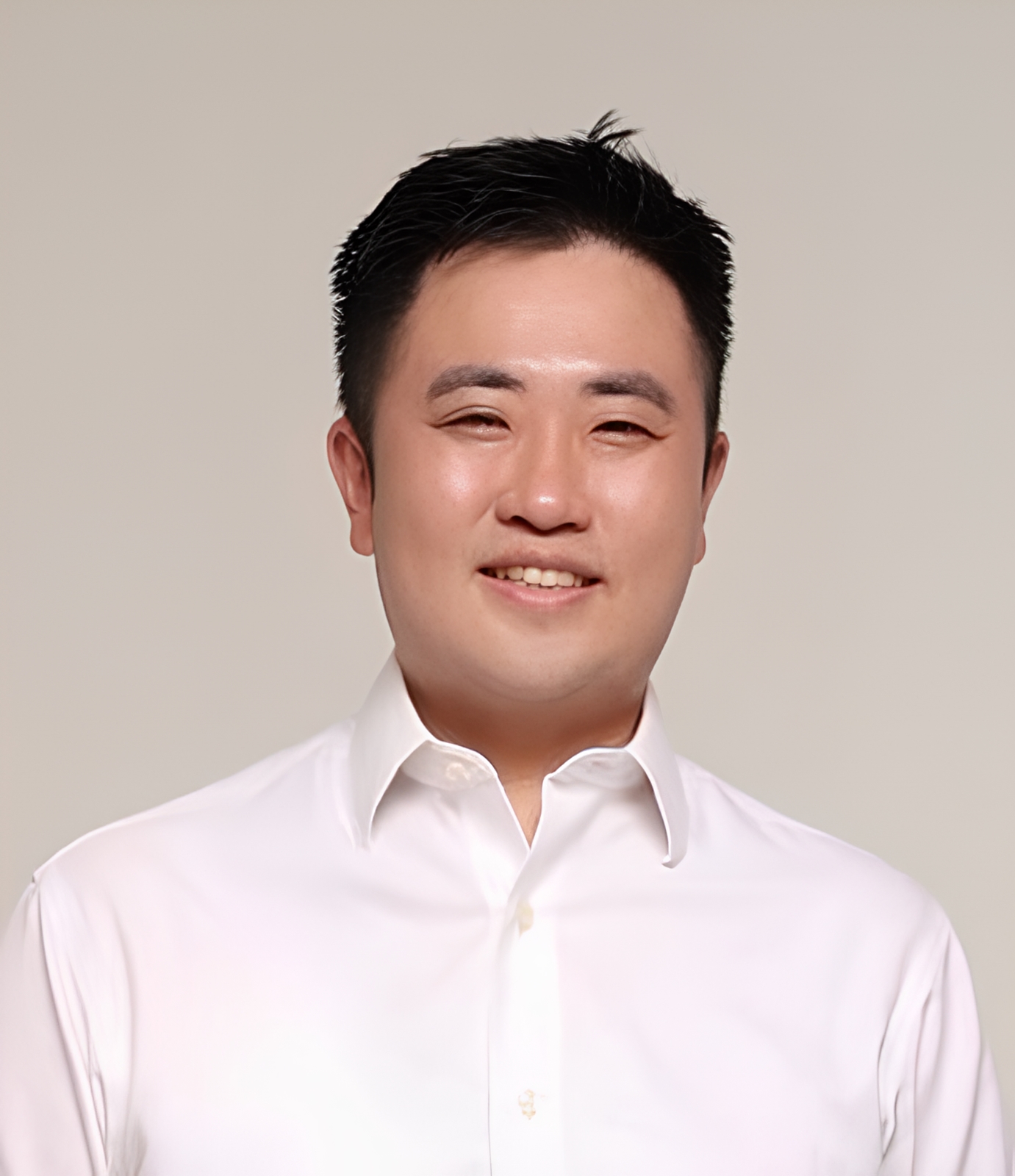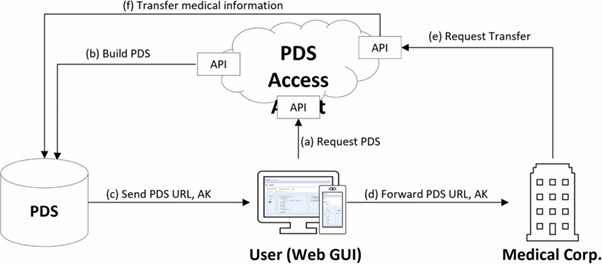Catholic Central Medical Center Basic Medical Project Promotion Team Develops Next-Generation ....
- Writer :External Affairs Team
- Date :2025.04.24
- Views :38
Catholic Central Medical Center Basic Medical Project Promotion Team Develops Next-Generation Medical Information System
- Development of a safe and fast patient-centered medical information system

△ Professor Ko Tae-hoon
Professor Ko Tae-hoon of The Catholic University of Korea Medical Center's Basic Medicine Project Promotion Team and a joint research team have developed a new system that can manage personal health records (PHRs) more safely and efficiently.
This study is evaluated as a result of suggesting a practical technical alternative to medical information technology in that it proposed a "decentralized" based health information system designed to protect personal information more thoroughly than the existing method and to share information between hospitals.
The records are currently stored in each hospital's computer system when we receive medical treatment at the hospital. As such, health information is mainly managed by hospitals and institutions, making it difficult to transfer records if hospitals are different, and it is relatively vulnerable to security threats such as hacking.
In particular, in the case of patients who use multiple hospitals, medical records are distributed, so if accurate medical information is not shared in time, the quality of treatment may deteriorate. In addition, if the central computer system is hacked, there is a risk that sensitive personal information of the patient may be leaked at once.
In order to solve this problem, Professor Ko Tae-hoon's research team designed a new system that can store health information directly by individuals, not hospitals, and provide it safely only when needed. The research team calls the system "self-sovereign health information system." Self-sovereign literally means a structure in which one can directly control one's own information.
The research team utilized two key technologies to create the system. One is the Personal Data Store (PDS) and the other is the Decentralized Identifier (DID).
PDS allows each individual to store his or her health information directly in a smartphone or cloud storage. It is changed to a personal-centered storage method, not a hospital. And when exchanging information, DID technology is a technology that securely processes identity authentication in a decentralized way. If an existing hospital was able to verify the information only through a certification authority, using DID will allow it to prove itself with a single personal certificate and safely share information between hospitals.
This system is not just a theoretical design, but has been implemented to work in practice. Users can manage their own health information access rights through DID-based digital certificates, and other people cannot access information without their own approval to view it using a dynamically changing Access Key.
In addition, a 'de-identification technology' that automatically processes personal information so that it cannot be identified when information is provided is also applied, so that only essential information is provided in a protected form. Through this technology, users can actively manage their health information, and rapid and accurate information sharing is possible even in cooperation between hospitals or in the case of everyone. In particular, it is expected to be of great help to chronically ill, the elderly, and frequent hospital users
Professor Ko Tae-hoon, who led the study, said, "In the era of digital healthcare, the perception that patients should be the subject of medical information, not just beneficiaries of medical care, is gradually spreading. This study is meaningful in that it presents practical technical alternatives to manage medical information safely and smartly in line with this trend of change."
The study, which was conducted with the support of The Catholic University of Korea Catholic Medical Center's Basic Medicine Project Promotion Team, was published in the January issue of the SCIE Journal of Computational and Structural Biotechnology Journal (IF: 6.0) in the field of bioinformatics and is noteworthy in that it presents the direction of the future medical data ecosystem beyond simple technological development. Amid the changing trend from medical institution-centered management to patient-centered management, the research by Professor Ko Tae-hoon's team proved both technical possibilities and practicality.
In the future, if this system is applied to actual treatment sites, patients can use their health information more transparently and safely, and it is expected that information linkage between medical institutions will be smoother.

△ A schematic diagram of the business flow of the self-sustaining personal health record management system

